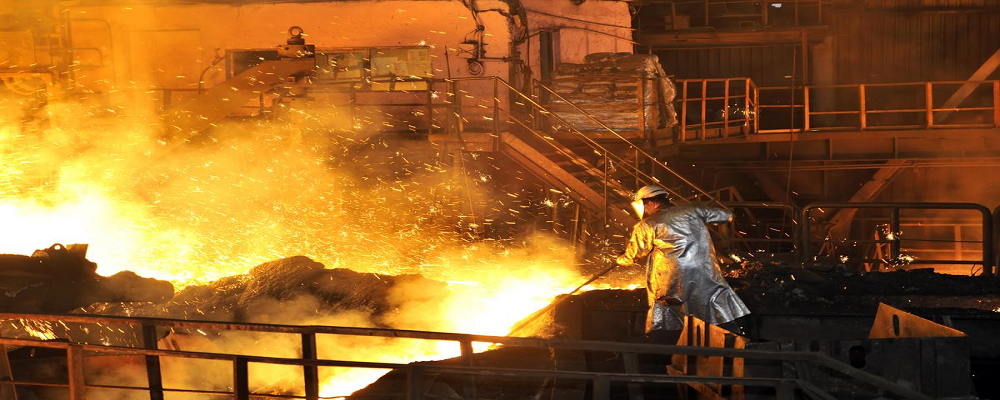The Steel Industry Boosts Global Trade in Coal

January 22, 2020 - According to Germany's VDKI coal importers lobby, the global maritime coal trade rose 0.7 percent last year, driven by increased output in China and Indonesia. Steel and oil demand increased global coal consumption from 4.5 billion tons in 1990 to almost 8 billion tons. Combined imports and exports increased from 1.21 billion tonnes in 2018 to 1.21 billion tonnes, VDKI said. Trade-in steam coal, used to produce electricity, rose to 932 million tons by 1.2 percent. India increased trade from Australia, Indonesia, and China by 5.3 percent to 235 million tons, VDKI reported. South Korean imports fell 7 percent following regulations to curb particulate matter emissions.

A surplus of natural gas has made it comparatively cheap in Western Europe compared to coal. Gas produces around half the emissions of carbon dioxide during coal power generation. The world demand for coal was forecasted to remain stable until 2024, projected last month by the International Energy Agency. The demand for coal from Southeast Asia is due to growing with Indonesia seeking to enforce export limits to support the price of coal rather than protecting the environment. In 2019, more than 600,000 tons of Australian coal is shipped into the UK, prompting environmentalist criticism. Given the bushfire situation, Australia is expected to move a similar amount during 2020.
The carbon emissions from the 14,000 km path of the coal, plus 2,8 tons produced per ton when the coal is burnt, make Australian coal exports to Europe one of the planet's most polluting forms of fossil fuel. The United Kingdom is holding the climate summit of the United Nations COP26 in Scotland in December with the main proposal being reductions in coal consumption. British Steel and Tata Steel, Australia's largest importers of coal, both said they were searching for alternative sources of energy this weekend. British Steel said that Australian coal accounted for 30% of its needs, adding that it "tried to minimize how much Australian coal comes from."
The US receives the brunt of the demand for coal from the industry today. Jingye, the Chinese company that purchases British Steel, said it was planning to replace coal-fired furnaces with electric arc furnaces. Tata said Australian coal was fueling its plant on the southern Welsh coast at Port Talbot but was looking for alternatives. Last year, Australia exported 203 million tons of thermal coal burned at power plants and 179 million tons of coking coal for steel production. Extinction Revolution Australia's Larissa Payne called for an end to UK imports.

